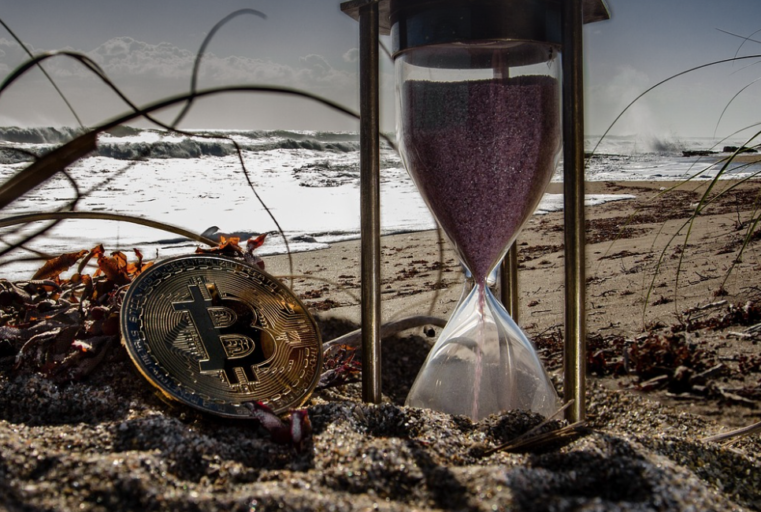#Indonesia #ElectionRuleChanges #Protests #JokoWidodo #PoliticalInfluence #Democracy #IndonesianPolitics #Election2024
In a surprising turn of events, Indonesia has decided to put a temporary halt to proposed changes in election rules, a move that comes amidst growing protests against these revisions. Critics have voiced concerns that these changes were designed to extend the influence of the family of the outgoing president, Joko Widodo, leading to significant public outcry and demands for governmental transparency and accountability. This development underscores a deepening tension within the country’s political landscape, as citizens and opposition groups rally for the preservation of democratic integrity in the Southeast Asian nation.
At the heart of the controversy are allegations that the proposed rule changes would unfairly benefit the current president’s inner circle, by potentially enabling easier paths for his relatives or affiliates to secure powerful positions within the government. Proponents of the change argue that such reforms are intended to streamline election processes and enhance governance. However, opponents see it as a direct threat to the democratic process, fearing it could pave the way for prolonged political dynasties and concentrate power within a select group, deviating from the country’s principles of fair and transparent governance.
The protests have drawn a broad spectrum of participants, from political activists to ordinary citizens, all united in their concern over the future direction of Indonesia’s democracy. These demonstrations reflect wider frustrations with political elite and fears over the erosion of democratic norms. As the country approaches its next presidential election in 2024, the debate over the election rule changes has ignited a larger discussion about political representation, governance, and the mechanisms through which power is obtained and maintained in Indonesia.
The government’s decision to delay the implementation of these controversial rules may offer a temporary reprieve from tensions, but it also opens up space for further dialogue among Indonesia’s diverse political factions and civil society. This moment could represent a crucial opportunity for Indonesian democracy to address underlying issues of political inclusivity and accountability. As Indonesia stands at this crossroads, the international community watches closely, recognizing the implications of this standoff not only for Indonesians but for democratic practices in the wider Southeast Asian region.







Comments are closed.